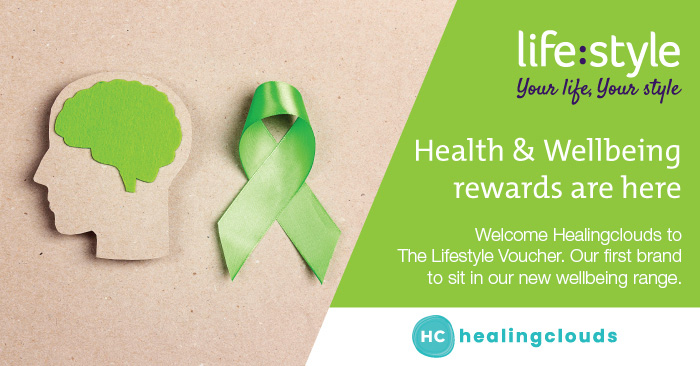Dealing with Overwhelm: Creating Breathing Space
 Life in 21st Century is busy and fast, often leaving us in a thought loop of “Oh my god; I don’t want this stress! I don’t want to hate my task list; Why is it so difficult to relax?”. It is almost inevitable that we often feel overwhelmed.
Life in 21st Century is busy and fast, often leaving us in a thought loop of “Oh my god; I don’t want this stress! I don’t want to hate my task list; Why is it so difficult to relax?”. It is almost inevitable that we often feel overwhelmed.
We’re here to help you unhook from the feeling of overwhelm and break free from this thought box.
Relax, this isn’t another “You can do this!” usual stuff again. Instead, we will help you understand the basics of ‘overwhelm’ and walk you through questions like what is overwhelm, and how does one know that they have fallen prey to its vicious cycle.
Feeling overwhelmed shows up in many ways. Kevin Chapman, Ph.D., a psychologist and associate professor in clinical psychology, explains that it shows up in your body when you become overwhelmed. Your heart may begin to beat fast; you may start to sweat, have a tingling sensation in parts of your body, or even experience chest pain or shortness of breath.
Psychologist Marla W. Deibler, PsyD, described overwhelm as “feeling completely overcome in mind or emotion.” Stress becomes too much for us to manage, and we start to experience anger or irritability or even harmful thoughts like worry, self-doubt, or helplessness. We could begin to cry, lash out at our loved ones or strangers, or even experience a panic attack.
One of the most significant factors leading to social overload is our excessive use of technology and the constant detachment with the outer and present world.
With so many equations at work, how do we create breathing space for us without devoting a significant chunk of time? Here is what we can do to support our body, thoughts, and emotions:
● Exercise is a beautiful way to reduce overwhelming thoughts and feelings. It helps us expand our perspective on the situation we may be dealing with at the moment.
● Cognitive-based approaches are a great help, especially when we pay attention to what we are saying to ourselves.
● Coming to a place of acceptance can benefit your wellbeing and helps to deal with anxiety.
● Taking practical steps to distance yourself from the thoughts, feelings, emotions, and circumstances that trigger the overwhelm helps you find breathing space.
-
- practice breathing and grounding yourself,
- call a friend or loved one,
- listen to music that inspires you,
- or write in your journal.
The final aspect of our Breathing Space is to look at our precious self. Feelings of overwhelm emerge when we are not connecting and taking care of our essential self.
Self-Compassion allows us to treat ourselves with empathy and respect. Rather than focusing on evaluating ourselves and looking for faults, we need to start focusing on the progress we are making to achieve what we set out for ourselves.
Create breathing space which allows us to get to the things we need to get to in our own time. Just doing that helps take the pressure off our chest. Once we have space to breathe, we will have a better perspective and can manage our tasks with ease.
Pallavi Kumari
healingclouds.com


